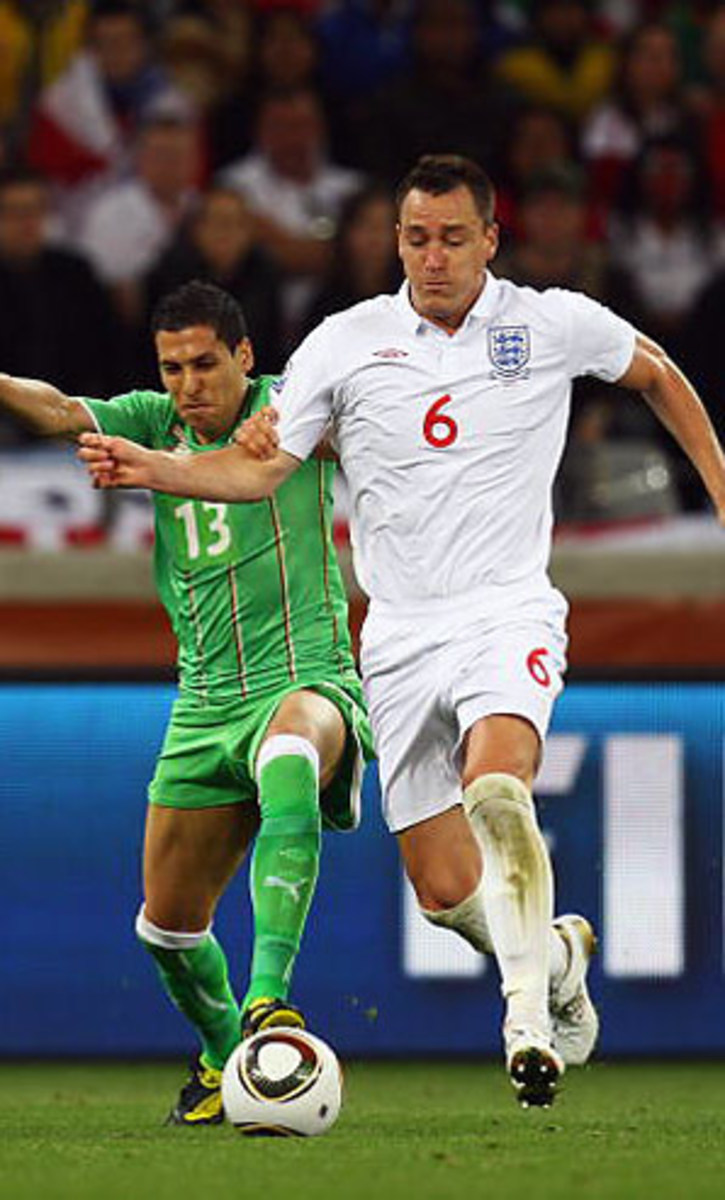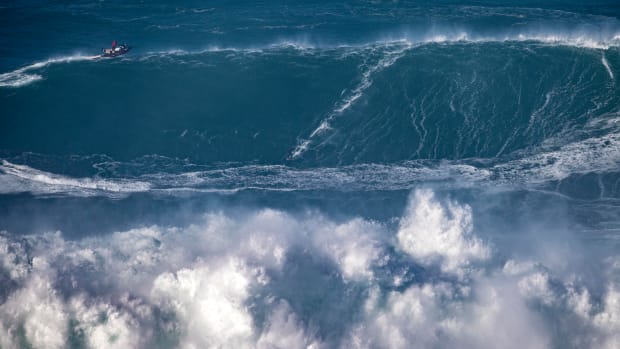England camp surrounded by elements of discontent and dissent
The repercussions and the pressure left something mutinous in the air with John Terry, speaking "on behalf of all the players" -- as he pointedly reiterated -- revealing there will be clear-the-air talks between players and management on Sunday evening. "If we feel something has to change," he said, "We owe it to the country, to ourselves and the manager to say it in the meeting. If it upsets him or any other player, then so what?" In both 1986 and 1990 England won its third group game to progress following a tactical rethink, but this is something different, a more serious and more overt attack on the coach by a player who claims to be speaking for the majority.
Numerous England players have spoken about the boredom they feel in a daily routine that gives them six or seven free hours in the afternoon, with essentially nothing to fill them beyond darts and snooker. The implication is that Capello's disciplinarian approach is beginning to grate on players exposed to it over a protracted period for the first time. The former Scotland striker Steve Archibald once commented that team spirit was an illusion glimpsed fleetingly in the moment of victory, and the sense is that managerial approaches have much the same currency; Eriksson was initially praised for his management by consensus, only for it later to be deemed he had given the players too much freedom. Opinion now seems to be turning against the iron fist.
Perhaps realising how confrontational he sounded, Terry offered token support for Capello, the coach who stripped him of the England captaincy after allegations that he had had an affair with Vanessa Peroncell, the former partner of his former teammate Wayne Bridge and the mother of the full-back's child. "He has his ways and philosophies and they worked in the [qualifying] campaign," he said. "We should not be looking for excuses or criticizing the manager. We are just staying united and trying to get the win. I'm not going to sit here and question the manager. We are all fully behind the manager." The implication, though, is that they are lined up behind him with daggers in hand.
Certainly Terry gave the impression the meeting will be stormy, drawing parallels -- albeit in apparent jest - with the situation of his Chelsea teammate Nicolas Anelka, who was expelled from the France squad after a row with coach Raymond Domenech. "I see Nico was sent home for voicing his opinion," he said, before adding, with a smile, "and maybe a few of us be sent home after this evening." Chelsea players were widely reported to have effectively enacted coups to remove both Avram Grant and Luiz Felipe Scolari as manager; sedition perhaps comes naturally to them.
There have been rumours of dissent for some time, but it only erupted on Friday, first in Joe Cole's body language as each substitute, and then in David James' sarcastic dismissal of Capello's suggestion that England were playing with fear. "I'm surprised, because I remember the pressure when I started," Capello said, claiming the atmosphere in the squad changed for the better after the 4-1 win over Croatian in Zagreb. "I remember the first game against Switzerland at Wembley, but after the performance against Croatia we started to play differently, and I hope here it will be the same here. I can change, do different things, we have time to prepare for this really important game.
"Really we have to play like we do in training: passes, passes, passes, really well, really good. But the problem is not just when we have the ball, we have to win back the ball very quickly, this is one of the big problems we have now. We have to press the opponent more to win back the ball."
There is also the fact that England, although using the 11 players who would have seemed the first choice after the qualifiers (given the injury to Rio Ferdinand), is operating in a different shape, 4-4-2 as opposed to 4-2-3-1. It is not clear whether that has come about because Wayne Rooney, having become more of an out-and-out striker with Manchester United, has found it difficult to revert to a deeper role, or whether perhaps Capello, troubled by the fact England kept only four clean sheets in 10 qualifiers, two of them against Andorra, sees 4-4-2 as a more defensively secure system.
Either way, the result was stodginess. Given the atmosphere around the Bafokeng Sports Palace, it's hard to avoid the feeling that the problems go deeper than Rooney's positioning. There has been all the talk that usually follows England disappointments of the lack of technical quality, and it is certainly true that Algeria looked more comfortable on the ball on Friday. But the likes of Frank Lampard and Rooney are technically accomplished in the Premier League; there' s nothing that can explain Lampard's inability to hit a shot in an England shirt other than a lack of confidence.
It's a point even Algeria's Hassan Yebda felt moved to make. "Everyone knows Lampard is not the same player in Chelsea and with England," he said. "I felt that in the match, I agree. Maybe it's because Gerrard and Lampard have the same style, so they can't play together, I don't know. But they play at a very different level."
How Capello must wish restoring confidence were his only concern. Before he can even begin to address that, or how tactically to get the best out of the available players, he must first deal with Terry and the challenge he has lain down. Whether he meant to or not, the Chelsea captain has questioned Capello's whole approach, and it is hard to see how the Sunday night meeting will not bloody. The question then is whether the storm leaves England's campaign in tatters, or whether the sense of crisis pulls the team together with a renewed focus on at least making it out of the group.
Jonathan Wilson is the author of Inverting the Pyramid; Behind the Curtain; Sunderland: A Club Transformed; and The Anatomy of England.





